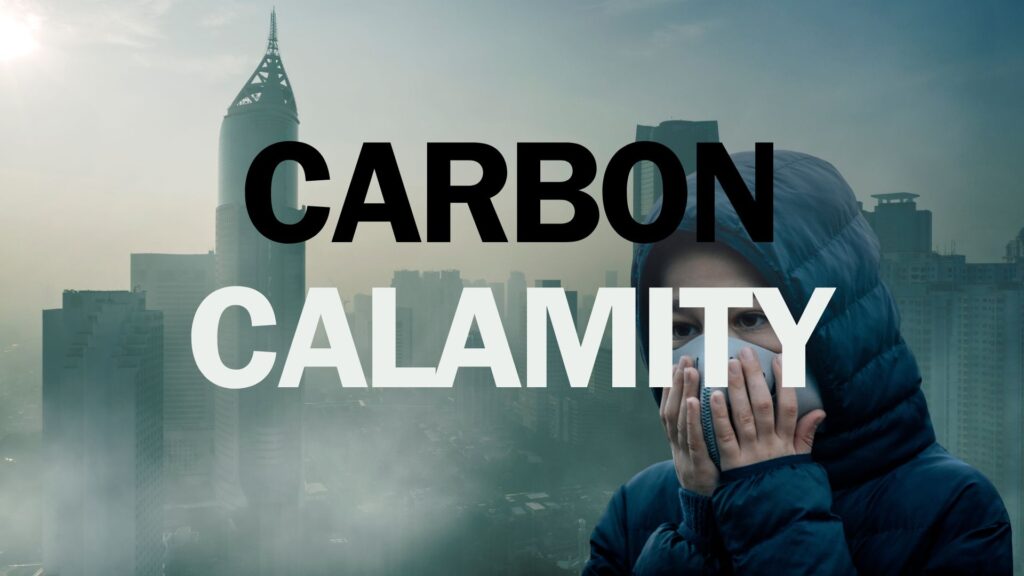COP28 ended with an agreement: Carbon Calamity – The question now is about the speed & scale of implementation
The urgency to address climate change has never been more evident, as highlighted by the recent conclusion of COP28. Amidst the agreements and discussions, the pivotal question is not just about what needs to be done but how swiftly and effectively these measures can be implemented. Science unequivocally emphasizes the necessity for a dual approach: the imperative to decarbonize economies and simultaneously seek ways to extract existing carbon from the atmosphere. However, the route to achieving the latter remains a spirited debate. Should we rely on nature-based solutions or pivot toward new technological innovations? This is where Brooklyn-based rapper Dex McBean steps onto the stage with a creative and thought-provoking rap battle. Dex McBean’s Rap Battle Sparks Dialogue on Nature vs. Tech Solutions Dex McBean, known for his lyrical prowess, took to the mic in an electrifying performance, exploring the arguments from both sides of the aisle. In a captivating display of wit and rhythm, he delved into the pros and cons of nature-based solutions and cutting-edge technologies, igniting a dialogue that resonates with the urgency of the climate crisis. The rap battle, an unconventional yet engaging medium, catalyzes discussion. It’s not merely entertainment; it’s a platform that invites individuals to delve deeper into the heart of the matter. Through Dex McBean’s verses, the dichotomy between harnessing the inherent power of nature and leveraging human ingenuity via technology comes alive. The dichotomy is more than just theoretical. It’s grounded in tangible reports and initiatives driving the conversation on climate action. The UNEP Emissions Gap Report 2023 underscores the critical need for comprehensive solutions. The UNEP State of Finance for Nature Report 2023 sheds light on the financial aspects, highlighting the significance of funding mechanisms for these solutions. Moreover, the UNEP/FAO Becoming #GenerationRestoration Report 2021 lays the groundwork for a global initiative emphasizing political support, research, and financial investments. The UN Decade on Ecosystem Restoration 2021-2030, led by the United Nations Environment Programme and the Food and Agriculture Organization of the United Nations, stands as a clarion call for collective action. This ambitious initiative aims to unite political will, scientific expertise, and financial resources to scale restoration efforts across terrestrial, coastal, and marine ecosystems. It’s a rallying cry to all, urging active participation to shape a more sustainable future. The Green Initiative Team Calls for Action: Join #GenerationRestoration in Climate Solutions Post-COP28 For those inspired by the rhythm of Dex McBean’s rap and motivated to contribute, the Green Initiative Team offers avenues for involvement. With hashtags like #GenerationRestoration, #GreenInitiative, and #ForestFriends, the movement gains momentum, fostering a community dedicated to restoring and preserving our natural world. The rap battle isn’t just about choosing sides; it’s about recognizing the synergy between nature’s resilience and human innovation. It prompts us to contemplate a future where nature-based solutions and technological advancements complement each other in the fight against climate change. As the curtains fall on COP28, the echoes of Dex McBean’s verses linger—a reminder that the battle against climate change demands not just action but a harmonious collaboration between nature’s forces and humanity’s ingenuity. It’s a challenge, an opportunity, and a call to arms for #GenerationRestoration. So, let’s embrace this creative take on climate solutions, dive into the rap battle, and explore the avenues that lead us toward a sustainable, restored planet.



